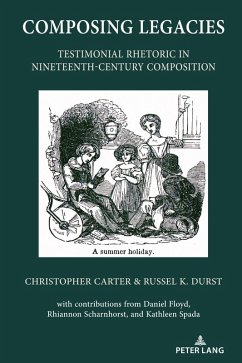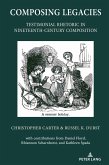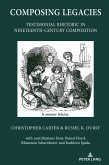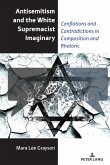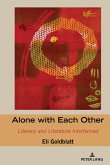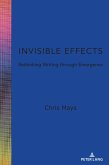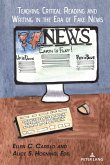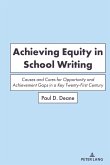In 2015, Professor Emerita Lucille M. Schultz donated to the University of Cincinnati her set of composition materials gathered from fifteen libraries and collections around the country. With 350 entries ranging from 1785 to 1916, the collection includes picture books for early primary schools, grammar textbooks, student writing, and advanced rhetoric textbooks for undergraduates. The documents afford a thrilling glimpse into nineteenth-century ways of thinking and teaching, highlighting practices we would today identify as prewriting, collaborative invention, freewriting, and object-oriented pedagogy. Composing Legacies relates these pedagogies to expressions of social class, nationalism, and public engagement that run throughout the Victorian era and the Gilded Age. Early chapters show how writing and grammar handbooks aimed to reproduce social hierarchies; later ones show how textbook authors aimed to mitigate lecture-style pedagogy with attention to student backgrounds, personal interests, economic aspirations, and presumed audiences. Often, those authors demonstrated a pronounced interest in national unity, but not without exception. Little-known Confederate textbooks took the ideology of unity to be a form of Northern aggression, promoting the maintenance of state and local traditions through their classroom exercises and sample passages. Composition scholars who see the nineteenth-century as a period of skills-and-drills teaching, devoid of explicit political concern, will find surprises in the archival texts' testimonies about national crises and civic participation. Those scholars will also find that the "social turn" in writing and rhetoric, however recent as a historical framework, has been underway for more than two hundred years.
Dieser Download kann aus rechtlichen Gründen nur mit Rechnungsadresse in A, D ausgeliefert werden.
"So much comp history strives to defamiliarize the past to cast the present into greater relief, yet Composing Legacies refamiliarizes that past-making it less alien, which makes it harder to comfortably reject as not-I. The book's brand of critical historicism gives us useful ways to think about the future while inviting other scholars to do the same. It thereby offers not just an introduction but an open invitation to the Schultz Archive, which is newly available in digital and print-based formats."-Charles Paine, Professor of Rhetoric and Writing at the University of New Mexico and author of The Resistant Writer: Rhetoric as Immunity, 1850 to the Present

